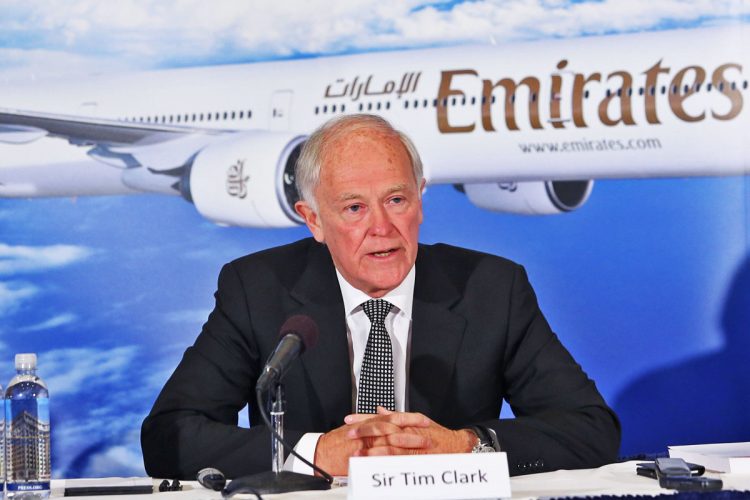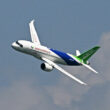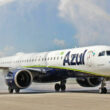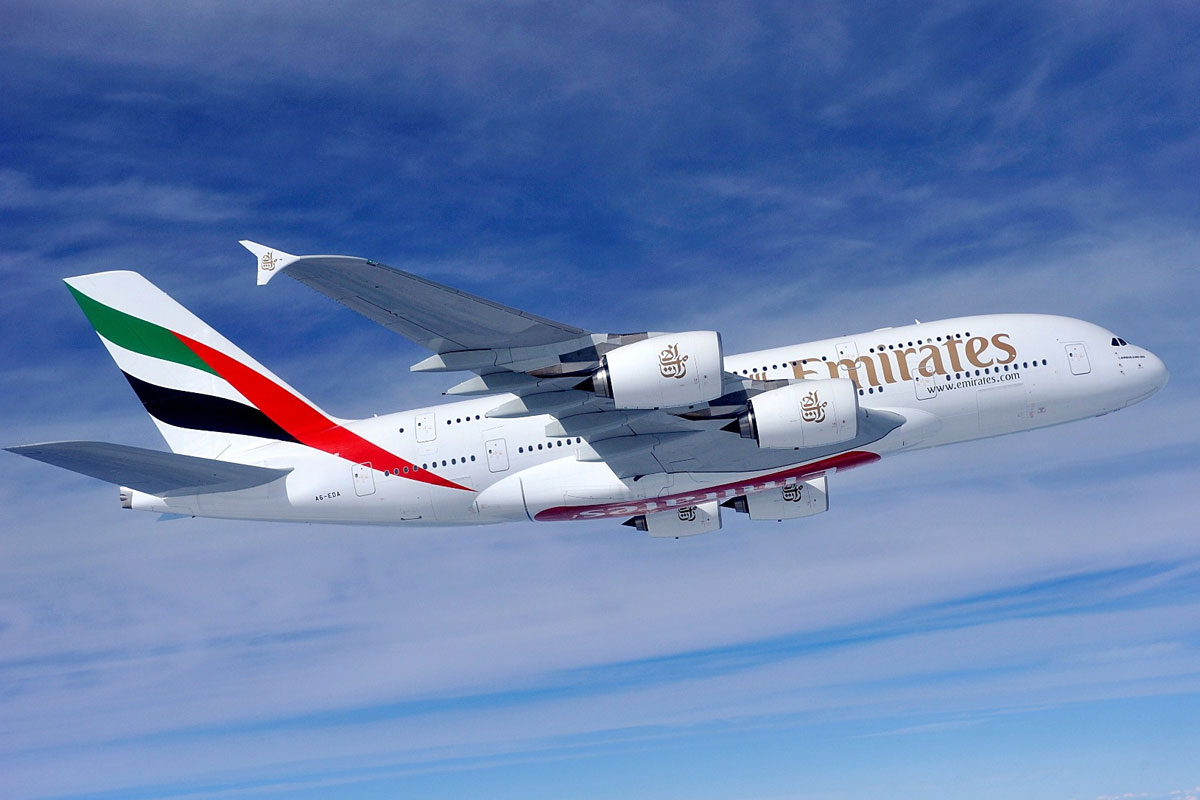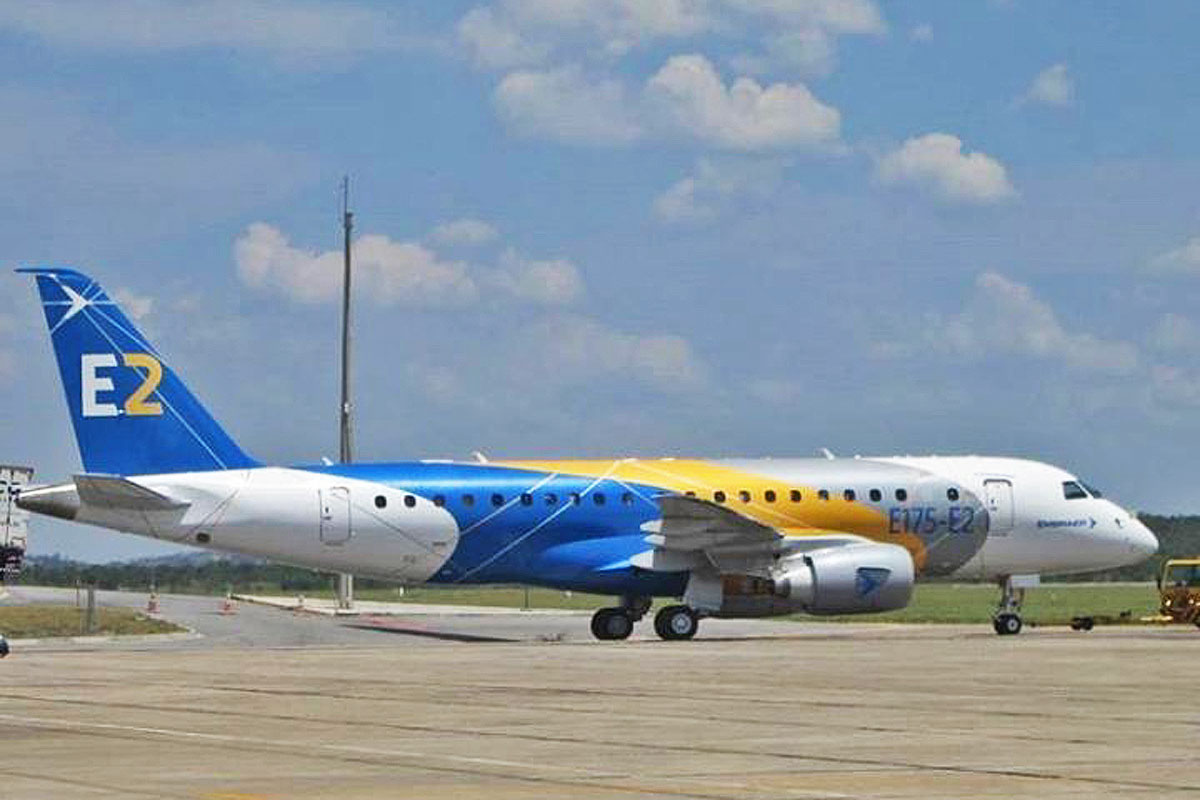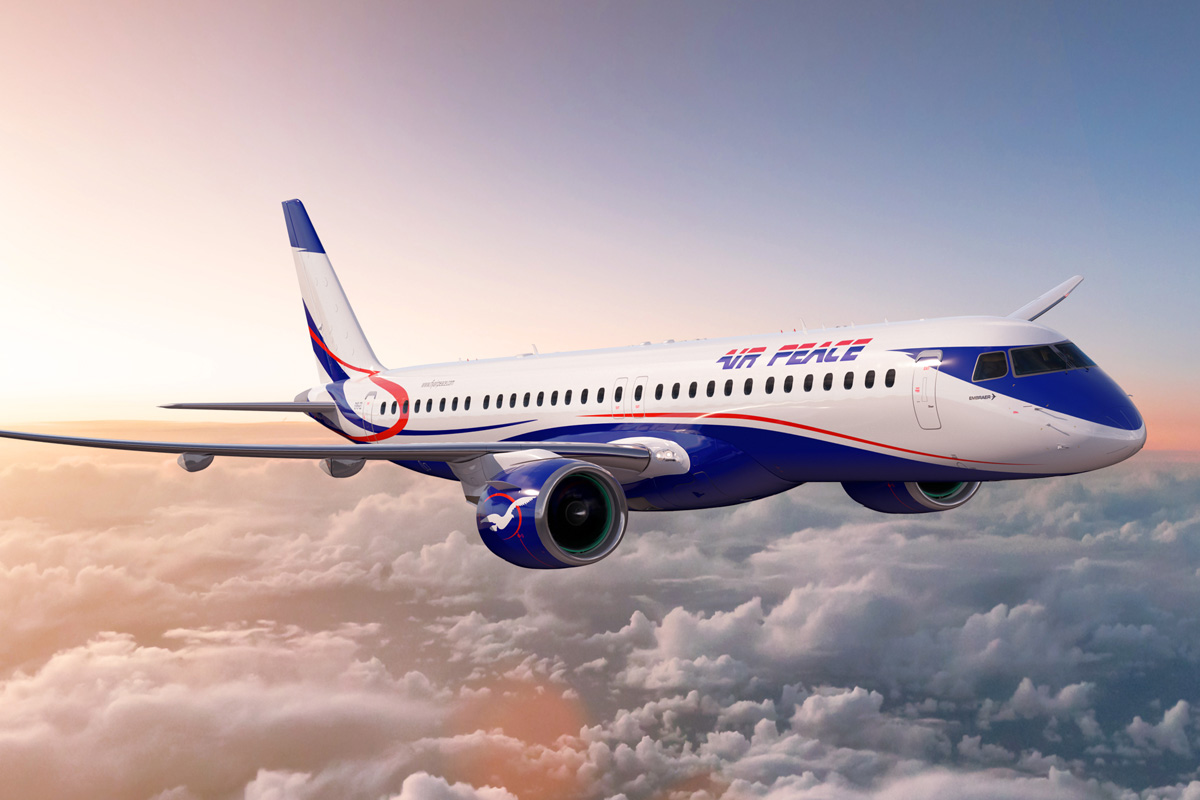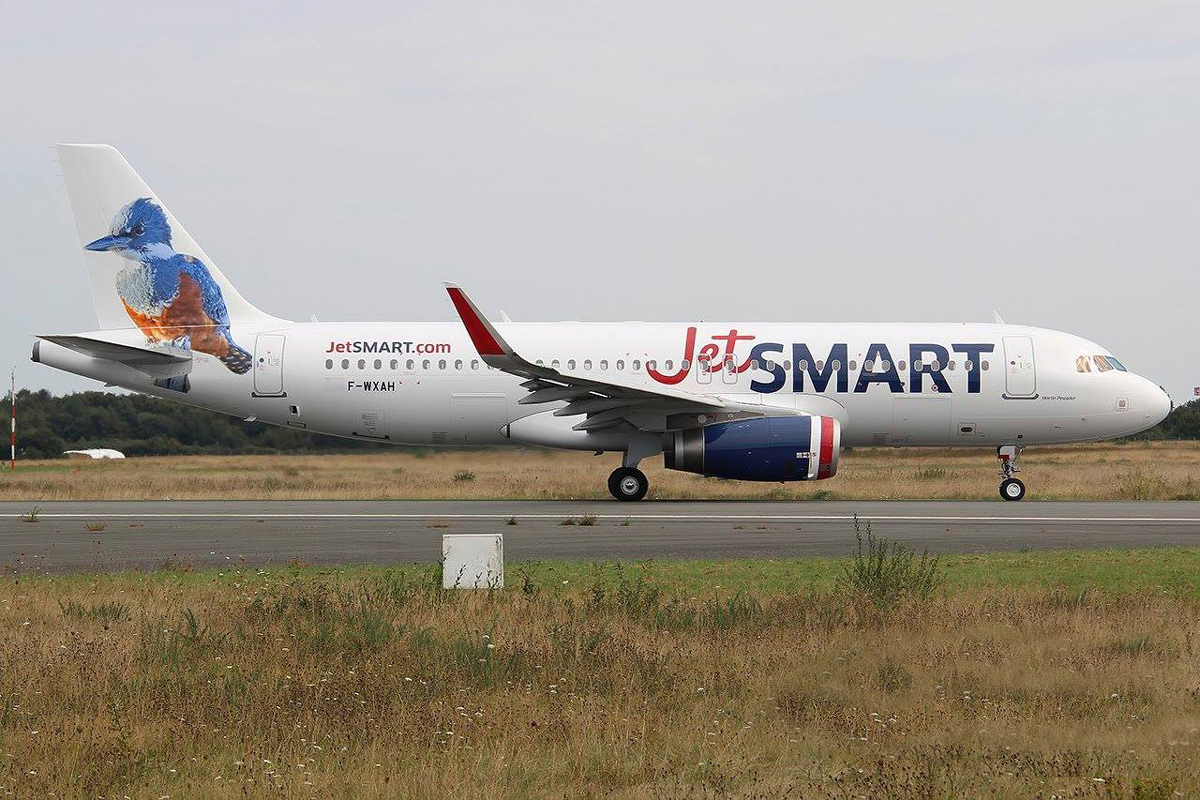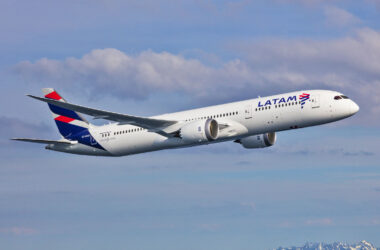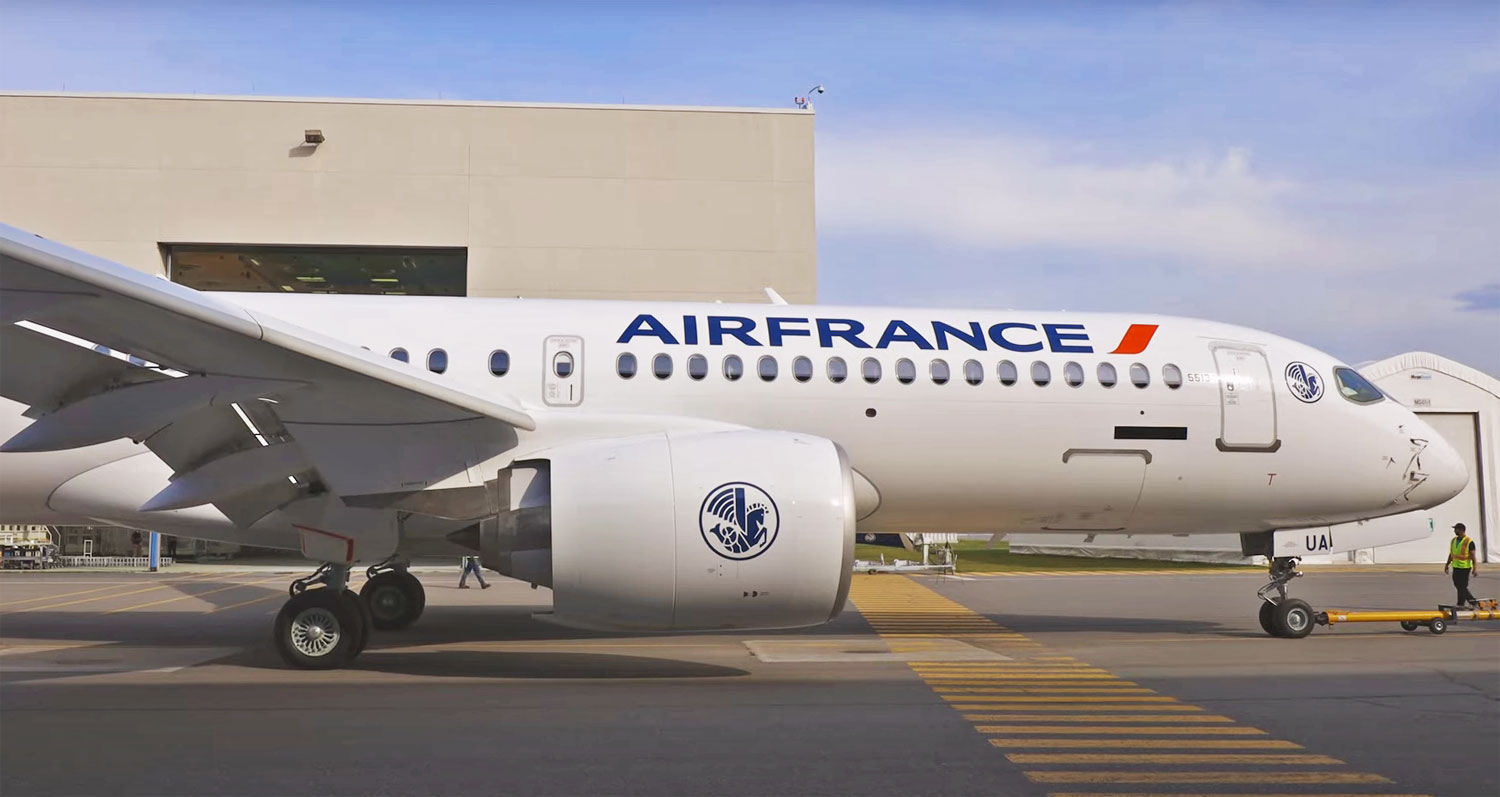If Anne Rigail, CEO of Air France, was honest in explaining why the A380 was a failure in the company, the CEO of Emirates, the largest operator of the 113-unit jet and seven more to be delivered, also criticized, but the French rival .
In an interview with Airline Ratings, Tim Clark was harsh that the A380 not only worked at Air France but also at Lufthansa and British Airways for one simple reason: they treated it as “more of the same.”
Although the British executive acknowledged that operating the A380 in the beginning was tricky (jet availability was low at only 90%), the reason for Air France’s poor result is its small fleet of only 10 aircraft. “If you got a hundred of them it’s a bit different. Your unit costs in operating with that number are a lot lower than having just ten,” Clark explained.
However, Emirates CEO questioned the strategy used by European companies with the Airbus aircraft. While the Dubai airline equipped its planes with bars, showers and huge screens, Air France and Lufthansa opted to offer outdated interiors similar to those of other older aircraft.
“We did it for a very well calculated reason…simply we had taken a huge risk and huge investment,” by justifying the fact that Emirates used a more aggressive marketing strategy with the A380. “The whole approach to the A380 at Air France and Lufthansa was just more of the same. They lost the opportunity to really define it.”
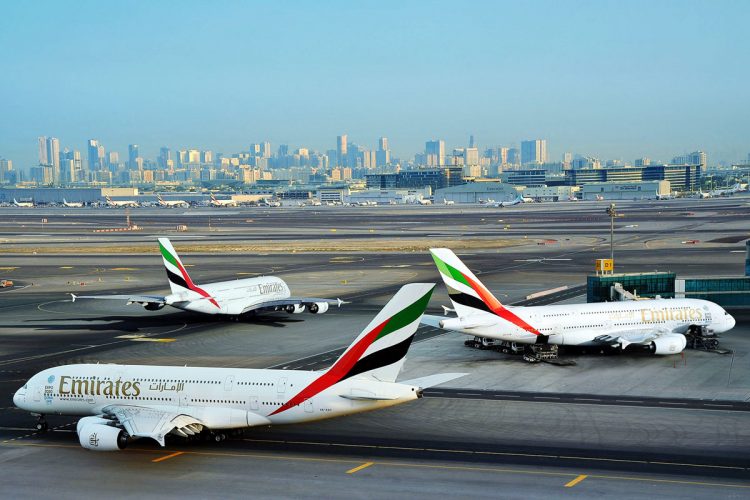
Clark went further and critcized British Airways. For him, the British company could have the same number of A380 as Emirates, but only 12 are currently used. ” They got 62 million people in the UK and a congested Heathrow hub, that should have worked easily.”
Wrong time
When asked why the A380 didn’t work, Tim Clark surprised. He believes the jet arrived at the wrong time. “From concept to delivery, Airbus took 12 years, it’s a long time, this cycle in our business is dangerous.” The aircraft began to be developed in the 1990s, when air travel was on the rise, says the executive, but the four-engine only entered service in October 2007, on the eve of the global financial crisis.
“The A380 went into service with us in 2008, when fuel prices soared to as much as $145 a barrel. Between 2008 and 2010, the airline industry collapsed. This aircraft never had a chance, as the leaders of the world’s leading airlines they were very risk averse,” he acknowledged.
The Briton considers that Emirates saved the A380 by practically ordering halves of the aircraft. He guarantees that it would be possible to have 150 aircraft today if the jet had hit the market before. And even the larger-capacity A380-900 would be welcomed: “I have six A380s daily into Heathrow and they are all full. If I had the A380-900 with the same six slots I get, they would be full as well.”
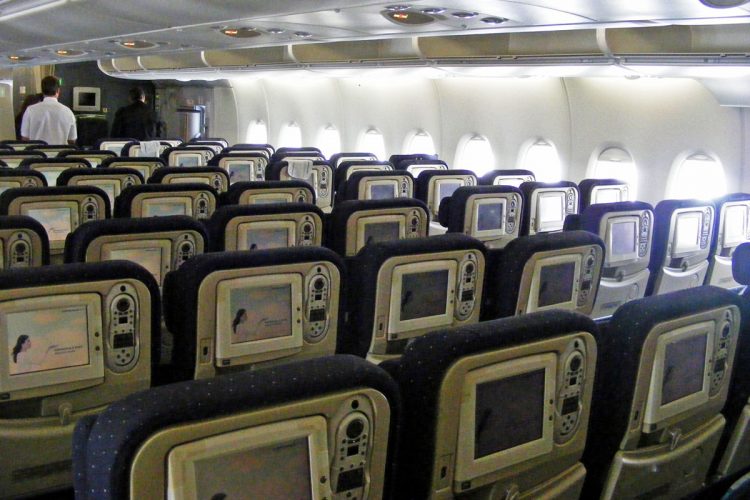
Airbus will regret decision
Tim Clark advocates the need for an aircraft like the A380. For him, the jet is economically viable and explains why. “When I fly an A380 from Dubai to Los Angeles with 515 people it burns 13 tons of fuel an hour, about 200 tons for the trip. A Boeing 787-9 in our configuration would be carrying 230-240 passengers. With two flights of the 787, which burns half the fuel, with the number of seats available, the fuel cost per seat on the A380 is cheaper than on the 787,” he says.
For this reason, Emirates CEO sees the future with concern. He believes that the global economy will recover and demand will rise again, but airports will not be able to support this grow. Without a plane like the A380, the seat offer will be less than demand and the result will be an increase in ticket prices.
That is why the CEO regrets the decision of the European manufacturer to close its production. “Airbus will rue the day that they canceled the A380,” prophesies Tim Clark.
